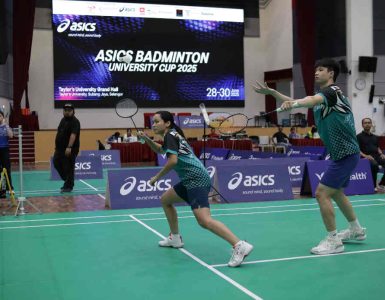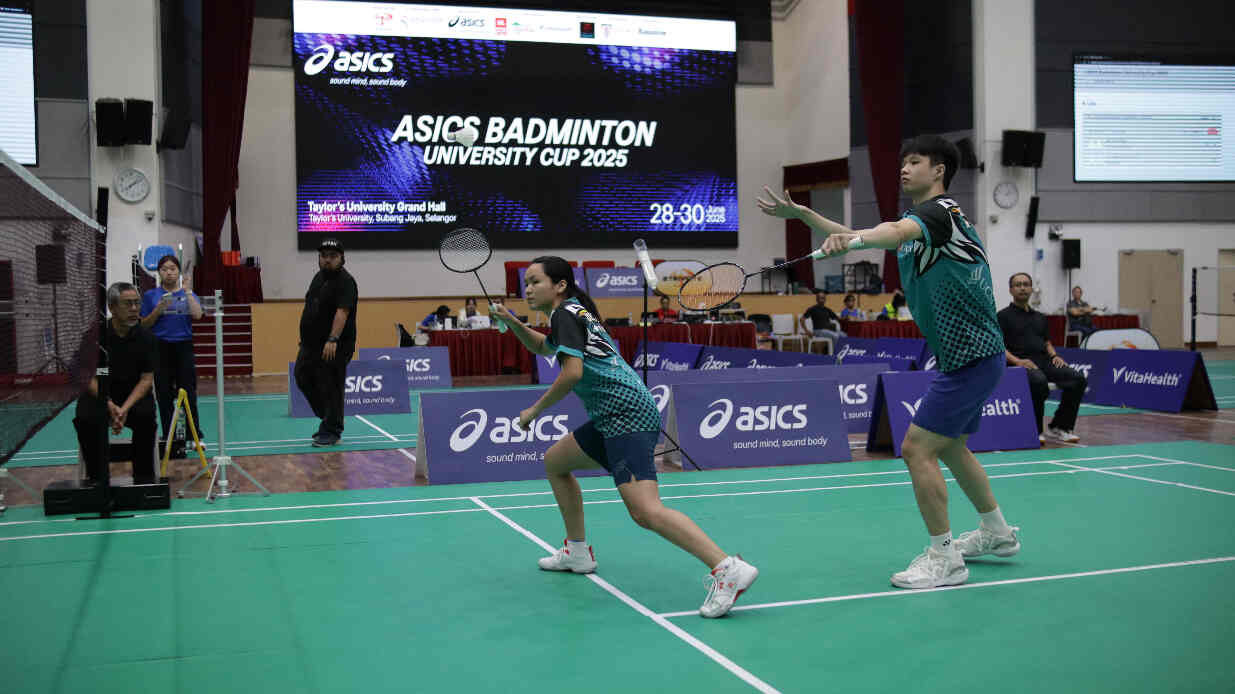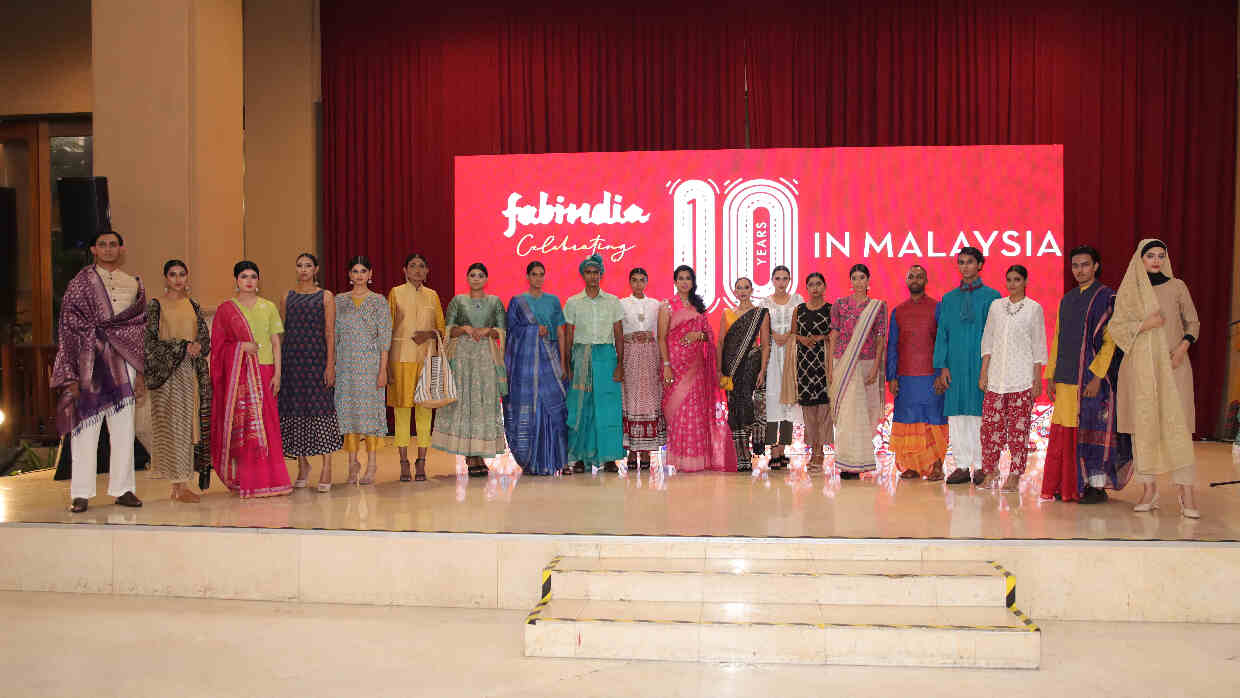Allegations by the state Opposition that the managers of state-owned Selangor Oil Palm Industry (Sopic) have spent millions on new projects despite being dissolved in 2009 are completely untrue, said the Selangor state exco member for agriculture, Yaakob Sapari (PKR – Kota Anggerik).
Yaakob told the Selangor assembly that Sopic was not dissolved but absorbed into the mother company, Perbadanan Kemajuan Pertanian Selangor (PKPS, or the Selangor Agriculture Development Corporation).
He said state-owned palm oil plantations were spread between PKPS and Sopic’s accounts when Pakatan came into power in 2008.
Thus, the state decided to shift the ownership of all plantations to the PKPS account, while Sopic was tasked to manage Selangor Fruit Valley, he said.
“The Fruit Valley, which has been operating at a loss since 2007, recorded RM480,000 profit this year,” he revealed.
He said Sopic then initiated the cow and fowl pens project in 2010 via its subsidiary, PKPS Livestock.
“Sopic held an open tender and LLK (Construction) was picked to build the pens as it was found to be the company with the most relevant experience,” he said.
The fowl pen is now operated by CP Group, while LLK runs the cow pen, Yaakob said.
“They operate it as a joint-venture with the state, which can learn the companies’ expertise and take over the project after three years,” he elaborated.
He clarified that a mass death of fowl did happen due to electricity failure, but the pen was insured from damages.
On the issue of auctioning off palm oil plantations, he said this was done by in November 2007, before the current state government took office.
He said the 200-acre plantation in Miri, Sarawak, was sold at RM8,000 per acre, but the state could have generate RM16mil if it had kept the land.
“I tried to stop the deal but it was not allowed by the court,” said Yaakob.












